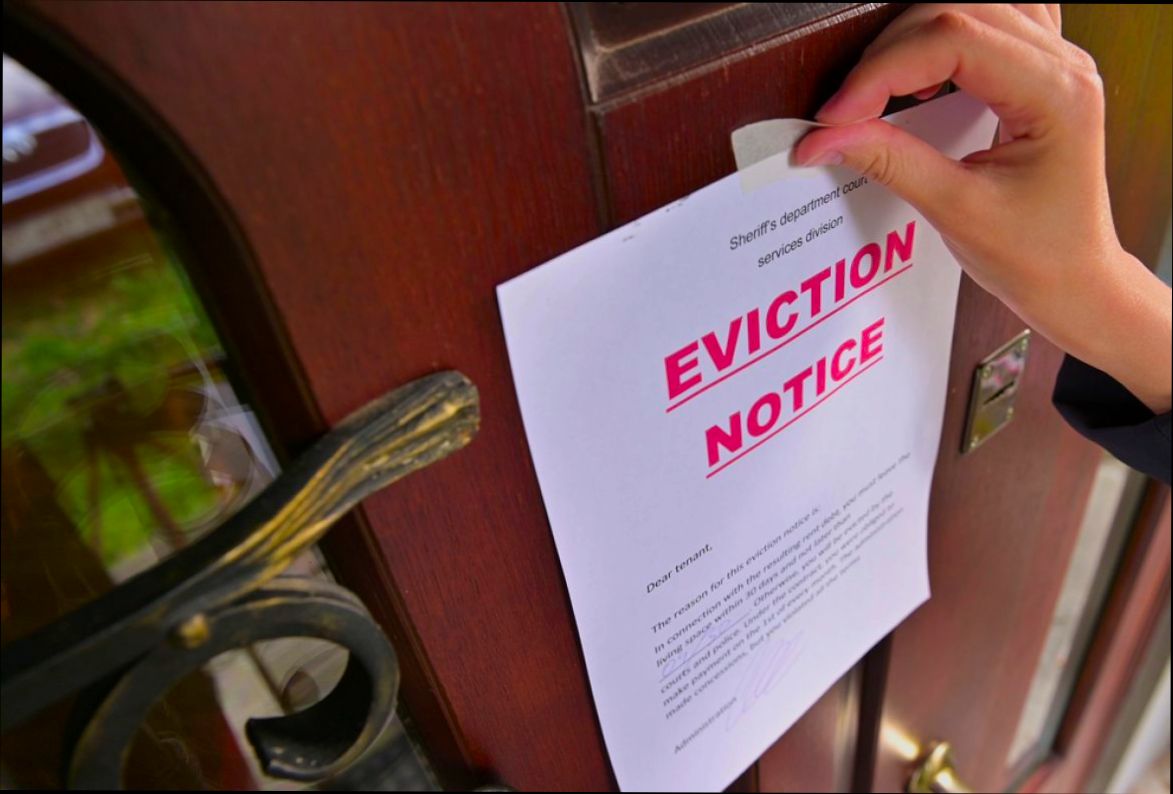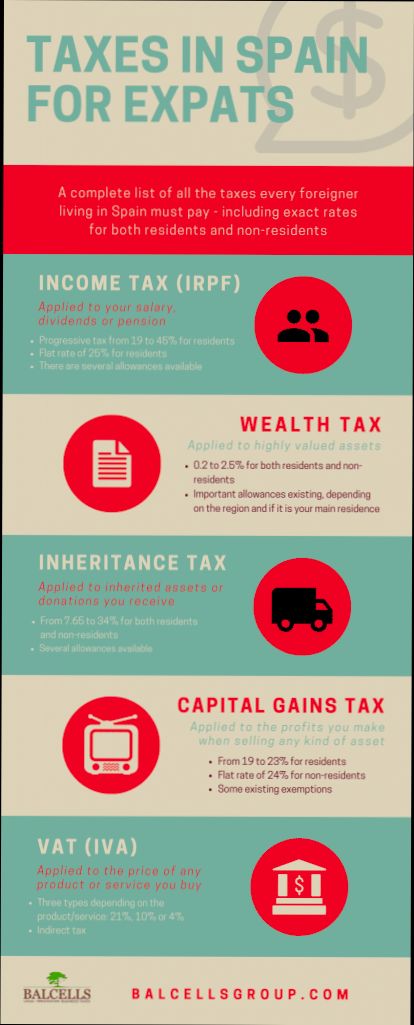- Types of Evictions: Immediate vs. Standard Procedures
- Notice Requirements for Landlords in Spain
- The Importance of Proper Documentation
- Statistics on Eviction Cases in Spain
- Common Grounds for Eviction in Spain
- Legal Protections for Tenants
- Consequences of Eviction Without Notice
- What to Do If You Are Facing Eviction
- Resources for Tenants Facing Eviction
- Recent Changes in Eviction Legislation
Can a landlord evict you without notice in Spain? This is a burning question for many tenants navigating the rental landscape here. It might seem daunting, especially if you’re just trying to find a cozy spot to call home. The answer really depends on the type of lease you have and the circumstances surrounding the eviction. Generally, Spanish law requires landlords to follow proper procedures before kicking you out of your pad—an eviction usually can’t happen overnight.
For instance, if you’re on a standard rental contract, your landlord typically needs to give you a notice period, which is often a minimum of one month. However, if you’ve defaulted on your rent or seriously violated the terms of your lease, the rules can change. You might even be looking at a speedy eviction process. Situations like these really highlight the importance of knowing your rights as a tenant. Understanding what a landlord can and can’t do regarding eviction can make a big difference in your renting experience.
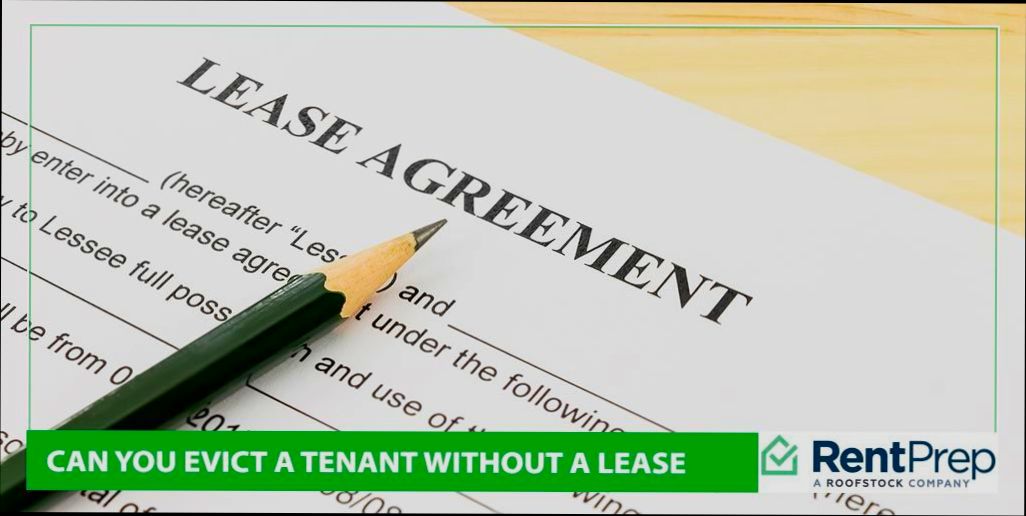
Understanding Eviction Laws in Spain
Eviction laws in Spain can seem a bit tricky, especially if you find yourself in a tough spot. Let’s break it down. In Spain, the landlord typically can’t just throw you out on a whim. They need a good reason and, in most cases, a legal process to follow.
Notices Are Key
Under the Civil Code, a landlord must usually give you a formal notice to quit before starting eviction proceedings. This means you shouldn’t receive an eviction notice unannounced. Generally speaking, the law mandates a notice period that can vary, but here’s a simple breakdown:
| Reason for Eviction | Notice Period |
|---|---|
Non-payment of rent | 1 month |
Rental contract breach | 1 month |
End of lease agreement | 30 days (if no renewal) |
Exceptions to the Rule
That said, there are situations where a landlord might initiate an eviction without a lengthy notice. For example:
Illegal activity: If you’re involved in illegal activities on the premises, the landlord can act quickly.
Severe damage: If you’ve caused significant damage to the property, they might expedite the eviction process.
The Process
If it comes to it, the landlord must file an eviction lawsuit in court. They can’t just change the locks or kick you out. Even if you’re a few months behind on rent, there’s a legal process awaiting them. Typically, court proceedings take about 2-4 months, depending on the case load.
Leveraging Technology
Platforms like Residoora provide immense help to landlords and tenants alike. They allow for streamlined communication and helps in understanding your rights and responsibilities. Whether you’re a tenant looking for advice or a landlord needing to navigate the complexities of eviction laws, tech can be your buddy.
In a nutshell, while the idea of eviction without notice sounds scary, the law generally protects tenants in Spain. So, if you ever find yourself facing an eviction, make sure you understand your rights!
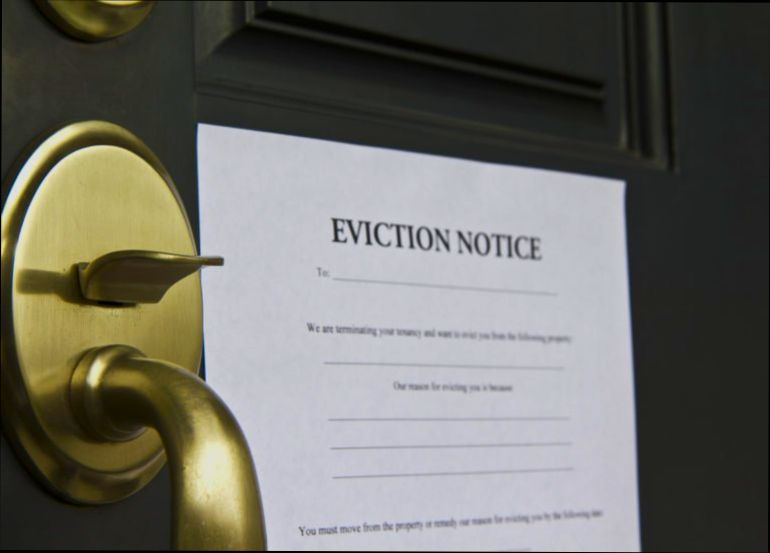
Types of Evictions: Immediate vs. Standard Procedures
When it comes to evictions in Spain, not all situations are created equal. You might hear terms like “immediate evictions” and “standard procedures.” So, what’s the difference?
Immediate Evictions
These are no-nonsense evictions that can happen pretty quickly, typically within just a few days. A landlord can go this route if the tenant has been caught doing something outright illegal—think running a drug operation or causing serious damage to the property.
The catch? These evictions usually require a court order, but they can happen fast. If you’re facing an immediate eviction, it’s crucial to get your ducks in a row and possibly consult legal help to navigate the process.
Standard Eviction Procedures
On the flip side, we have the standard eviction procedure. This is the more common route for landlords who want to evict tenants for reasons like unpaid rent or breach of contract. The timeline here is longer—usually taking at least a few months.
| Aspect | Immediate Evictions | Standard Evictions |
|---|---|---|
Timeline | Days | Months |
Reason | Illegal activity | Unpaid rent/Breach of contract |
Legal Proceedings | Court order needed | Formal eviction process |
Now, here’s an eye-opener: about 20% of all eviction cases in Spain end up being immediate! So, if you find yourself on the wrong side of the law, it’s smart to stay informed.
Platforms like Residoora and others can assist real estate investors in navigating these complex processes, making things a bit smoother. Whether you’re a landlord or a tenant, staying aware of your rights and responsibilities could save you a lot of trouble down the line.
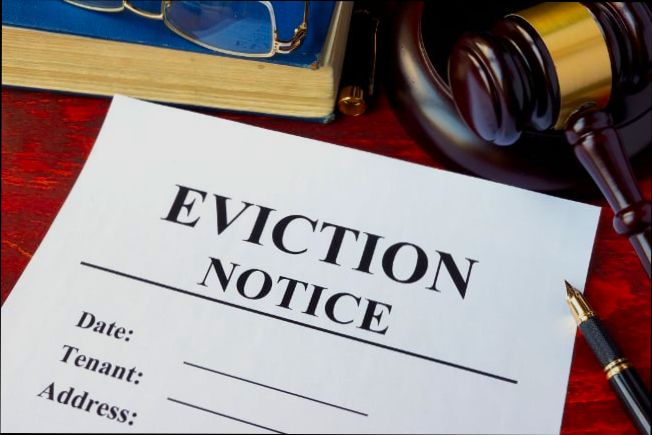
Notice Requirements for Landlords in Spain
So, you’re wondering what happens when a landlord wants to kick you out in Spain? Well, it’s not as simple as just packing your bags. Landlords in Spain must adhere to specific notice requirements, and knowing these can make a huge difference!
| Duration of Tenancy | Notice Period Required |
|---|---|
Less than 1 year | 15 days |
1 to 3 years | 30 days |
More than 3 years | 60 days |
As you can see, it’s not a one-size-fits-all situation. The longer you’ve been renting, the more notice your landlord has to give you. For instance, if you’ve been cozy in your apartment for over 3 years, they can’t just show up one day and say, “Time to go!” They need to give you 2 months’ notice.
Here’s a fun fact: According to recent studies, around 34% of tenants are unaware of their rights regarding eviction processes. That’s a pretty big chunk, so don’t be one of them!
Now, what if your landlord fails to give you proper notice? Well, you can challenge the eviction in court. It’s a good idea to keep records of everything—you never know when you may need to whip out those emails or texts to prove a point.
Platforms like Residoora can help both landlords and tenants understand these legalities better. Whether you’re looking to invest or need help navigating your lease, they’ve got your back!
In summary, landlords are required to follow specific notice periods based on how long you’ve been renting. If they skip this part, you might have some leverage in your corner!
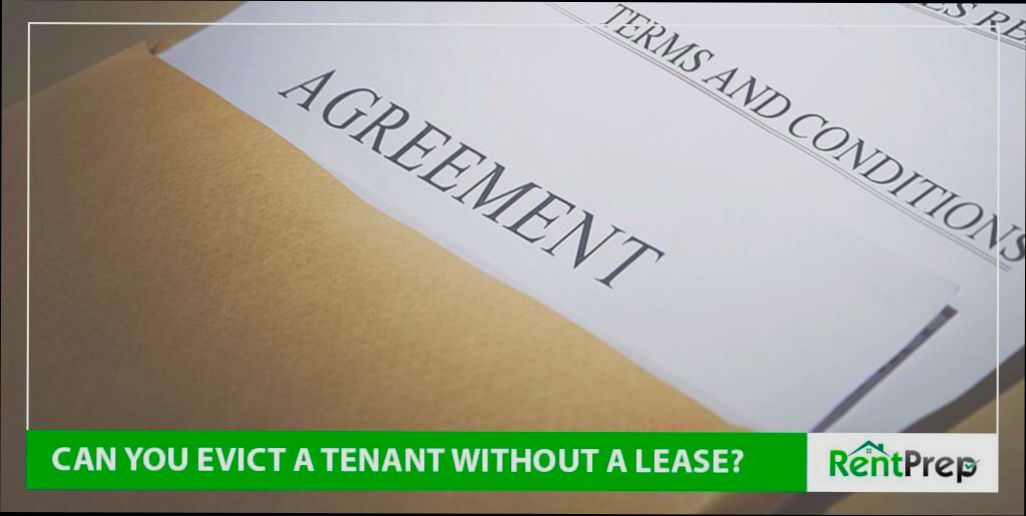
The Importance of Proper Documentation
When it comes to evictions in Spain, documentation is your best friend. If you’re renting and suddenly find yourself facing an eviction notice, the first thing you should check is the paperwork. A good, solid rental agreement can significantly impact the outcome. Let’s break it down.
What Kind of Documentation Matters?
| Document Type | Why It’s Important |
|---|---|
Rental Contract | This is your golden ticket. It outlines your rights as a tenant, including how much notice your landlord must give. |
Payment Receipts | If you’ve consistently paid your rent, these documents could save your skin. They demonstrate your good tenant behavior. |
Any Communication with Landlord | Text messages, emails, and letters! Keeping records can help prove your case if things get heated. |
Here’s a quick scenario: Imagine your landlord kicks you out without notice. If you’ve kept up with payments and have a signed contract saying they need to give you 30 days, you can challenge that eviction. It’s not just about what you say; it’s about what you can prove!
Statistics to Back You Up
Did you know that around 30% of tenant evictions in Spain arise from a lack of proper documentation? That’s a staggering number! Most of these situations could’ve been avoided with just a bit of organizational effort. So, take a second to organize your documents and avoid being part of that statistic.
Digital Help is at Hand
Platforms like Residoora make life easier for tenants and landlords alike. They provide tools that help keep all rental documents organized. For instance, imagine having your contract, payment history, and communication logs all in one place! This is especially useful if disputes arise—you’ll have everything at your fingertips.
In conclusion, when it comes to evictions in Spain, don’t underestimate the power of proper documentation. It’s your best line of defense and can save you from unnecessary headaches down the road.
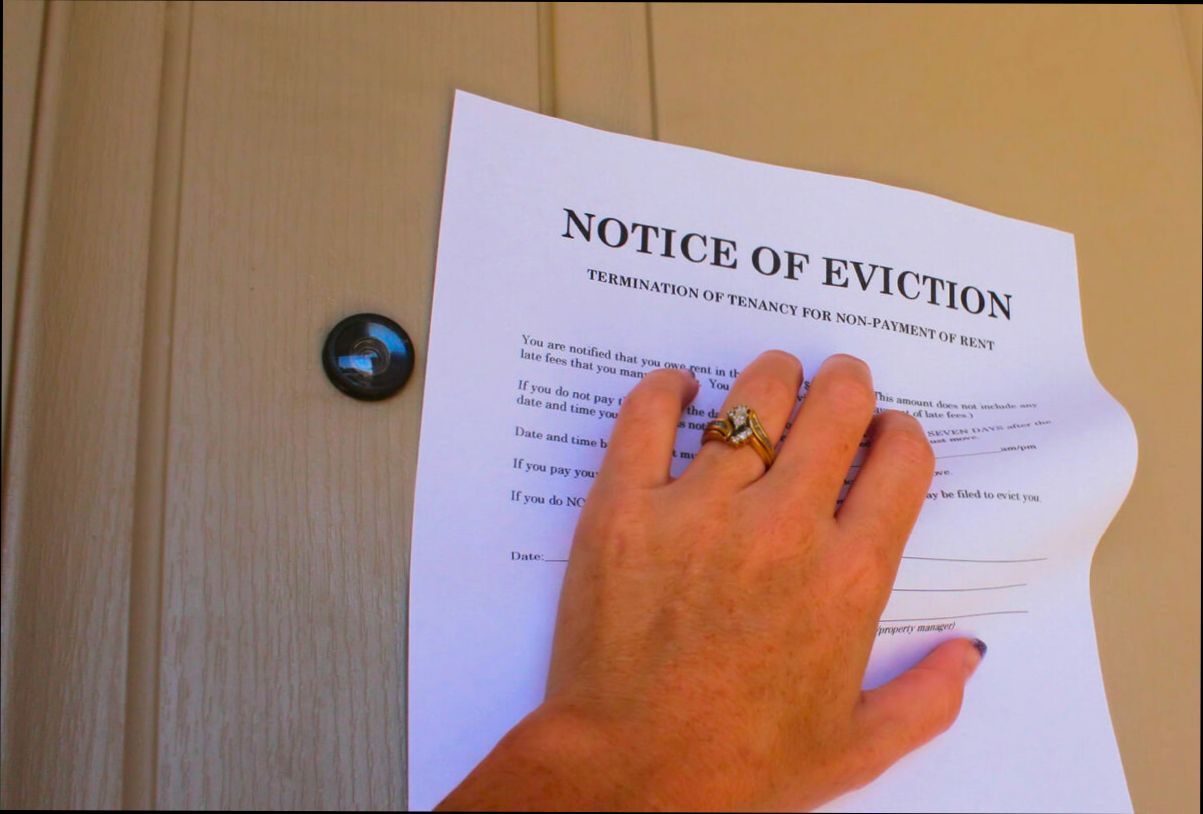
Statistics on Eviction Cases in Spain
Evictions in Spain are a pressing issue, especially with rising living costs and economic challenges. According to recent statistics, thousands of eviction cases are filed every month, with estimates suggesting around 75,000 evictions took place in 2022 alone. Yikes!
| Year | Estimated Evictions |
|---|---|
2020 | 66,000 |
2021 | 71,000 |
2022 | 75,000 |
These numbers highlight how common evictions have become. Interestingly, regions like Catalonia and Madrid have seen some of the highest rates. For instance, Madrid alone accounted for about 20% of all eviction cases reported last year.
Now, if you’re leasing a place, you might be wondering: can a landlord really kick you out without notice? Well, it can happen under certain conditions. For example, if you breach your rental agreement or stop paying rent, your landlord could file for an eviction without giving you a heads-up.
Platforms like Residoora and Residoora are stepping in to help both tenants and landlords navigate this tricky landscape. They use AI tools to provide real-time data and rental market insights, which can help landlords understand how to manage their properties better and keep legal disputes at bay. This info can be a game-changer, especially for those dealing with eviction notices!
So, whether you’re a tenant or a landlord, staying informed about these stats and your rights is crucial. You never know when you might need a little extra knowledge on your side!
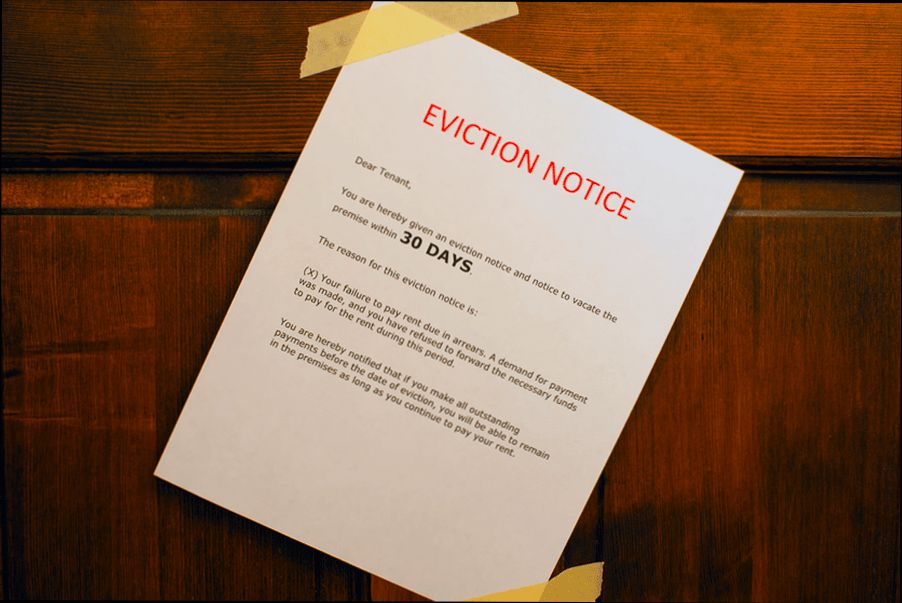
Common Grounds for Eviction in Spain
In Spain, landlords can’t just throw you out on a whim. There are specific reasons that can lead to an eviction, which makes the process a bit more structured. Here’s what you need to know:
| Grounds for Eviction | Details |
|---|---|
Non-Payment of Rent | If you miss one or more rent payments, the landlord has a solid case for eviction. Remember, just one month’s rent can trigger this. |
Breach of Contract | Violating any terms in your rental contract—like having pets when it’s not allowed—can lead to eviction. |
Illegal Activities | Using the property for illegal activities, like drug trafficking, is a surefire way to get evicted. No one wants problems with the law. |
End of Lease | When your lease ends, and you haven’t renewed it, the landlord can request your departure. Keep an eye on those dates! |
It’s important to note that between 2019 and 2022, eviction proceedings in Spain rose by about 25%. So, landlords are actively exercising their rights when situations deteriorate.
But here’s a silver lining: if you’re using platforms like Residoora, both tenants and landlords can have clearer visibility and understanding of lease agreements, which can help prevent misunderstandings that might lead to evictions. They even provide insights about tenants’ rights and obligations!
If you find yourself in an eviction situation, always check your lease agreements and consider seeking help from legal experts. Knowledge is your best ally!
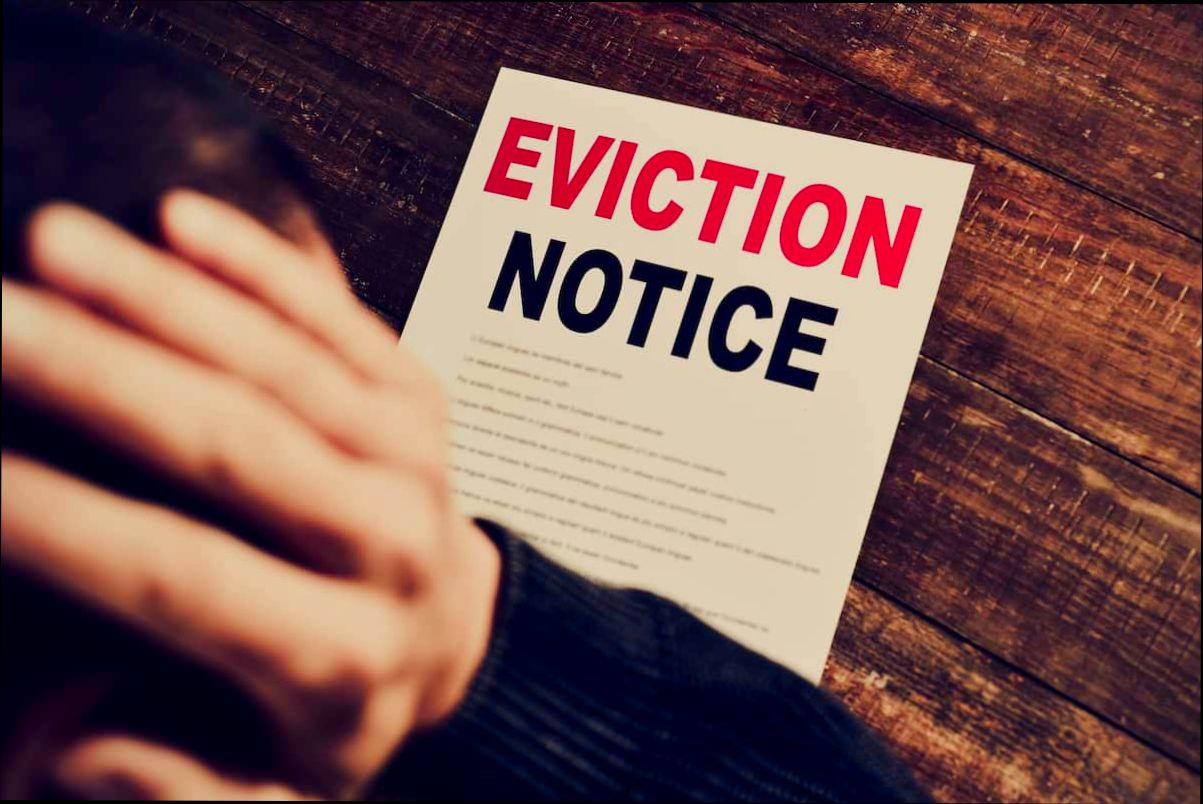
Legal Protections for Tenants
In Spain, tenant rights are pretty solid, and the law backs you up if a landlord tries to pull a fast one. You can’t just be evicted without a proper notice, and there are legal processes they must follow. So, let’s break down what you need to know!
First things first, landlords usually have to provide a written notice of eviction. If they want you out, they typically need to give you at least 30 days’ notice. This notice period is crucial because it allows you some time to sort your affairs and find a new place if needed.
Understanding the Process
| Notice Type | Notice Period |
|---|---|
For Non-Payment of Rent | 7 Days |
For Other Breaches | 30 Days |
These guidelines mean that your landlord can’t just throw your stuff on the street. If you think a landlord is trying to evict you unfairly, it’s important to seek help. Organizations like Residoora and Residoora can provide resources or support for tenants facing eviction, so don’t hesitate to reach out.
Exceptions to the Rule
There are a couple of exceptions where a landlord might get around the notice period, especially in cases involving serious misconduct. If you’re doing something illegal on the property (like dealing drugs), things can move quickly. But these are the exceptions, not the norm.
What’s Your Next Move?
If you receive an eviction notice, don’t panic. You have options to contest the eviction if you believe it to be unjust. Every case is unique, so consider speaking with a legal expert or a local tenant association.
Remember, knowing your rights is super important. The law is on your side, and being informed can make all the difference. Stay strong, and don’t let landlords steamroll over you!
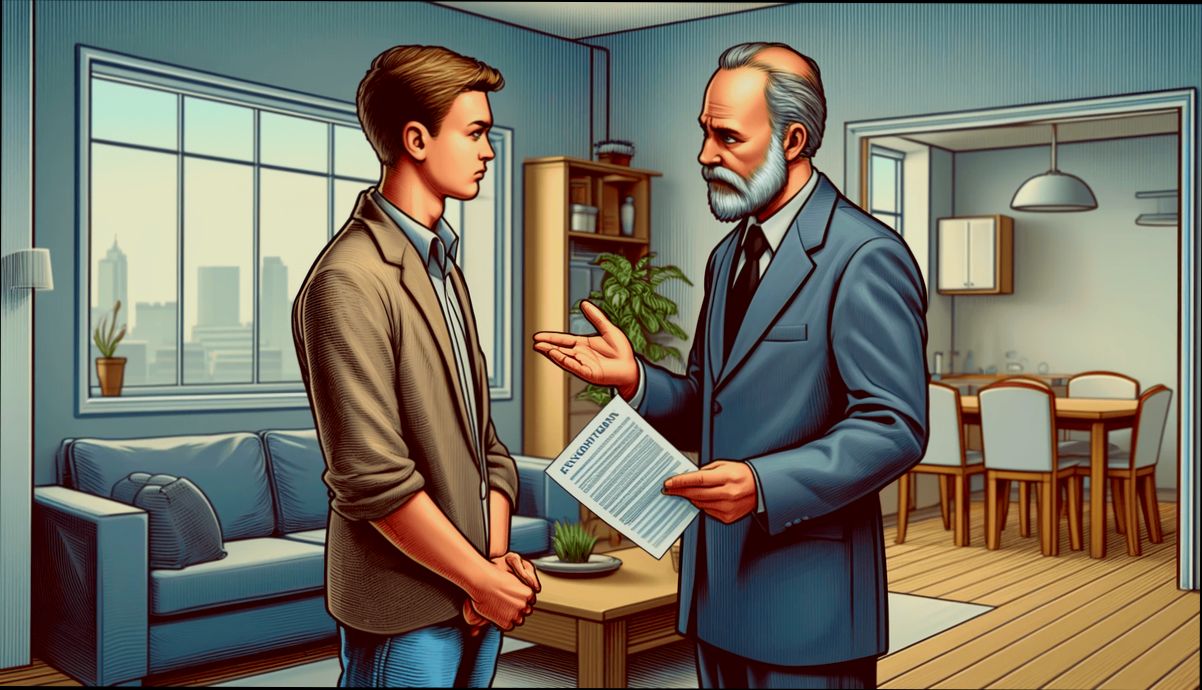
Consequences of Eviction Without Notice
So, what happens if you’re evicted without prior notice in Spain? Well, it can get pretty chaotic, and trust me, it’s not a fun situation to find yourself in. Here’s a breakdown of the potential consequences:
1. Legal Rights Violated
First off, evictions without notice often violate tenant rights. Spanish law requires landlords to give tenants at least 30 days’ notice, depending on the contract. If you’re kicked out without this notice, you can contest the eviction in court.
2. Financial Loss
Eviction isn’t just about losing your home; it often means losing your money too. You might end up paying for temporary housing, all while scrambling for your next place. This can add up fast! For example, if you’re paying €800/month for rent and need to find a new home quickly, additional costs like hotels can hit your wallet hard!
3. Impact on Your Credit and Rental History
Getting evicted can haunt you for years. Many future landlords will check your rental history, and an eviction without notice can show up as a red flag. According to statistics, about 30% of tenants struggle to find new accommodation after an eviction. Ouch!
4. Emotional Stress
Let’s not forget the emotional toll. Being evicted unexpectedly can lead to stress, anxiety, and mental health issues. Okay, so no statistics here, but as anyone who’s lived through it can tell you, it’s rough.
5. Potential Legal Action
If you find yourself in this mess, you can take legal action. Many tenants have successfully reclaimed deposits and even filed for damages. Platforms like Residoora can help navigate these tricky waters, connecting you with legal advice if you need it.
Quick Summary: The Fallout
| Consequence | Description |
|---|---|
Legal Rights Violated | Can challenge the eviction; landlords must follow the law. |
Financial Loss | Unexpected costs for finding new housing quickly. |
Credit/Rental History Impact | Eviction can lead to future rental rejections. |
Emotional Stress | High levels of anxiety and uncertainty. |
Legal Action | Possibility of reclaiming deposits and compensations. |
In summary, eviction without notice can lead to a whirlwind of headaches. If you ever find yourself in this situation, remember, platforms like Residoora have your back in making sense of the real estate game!
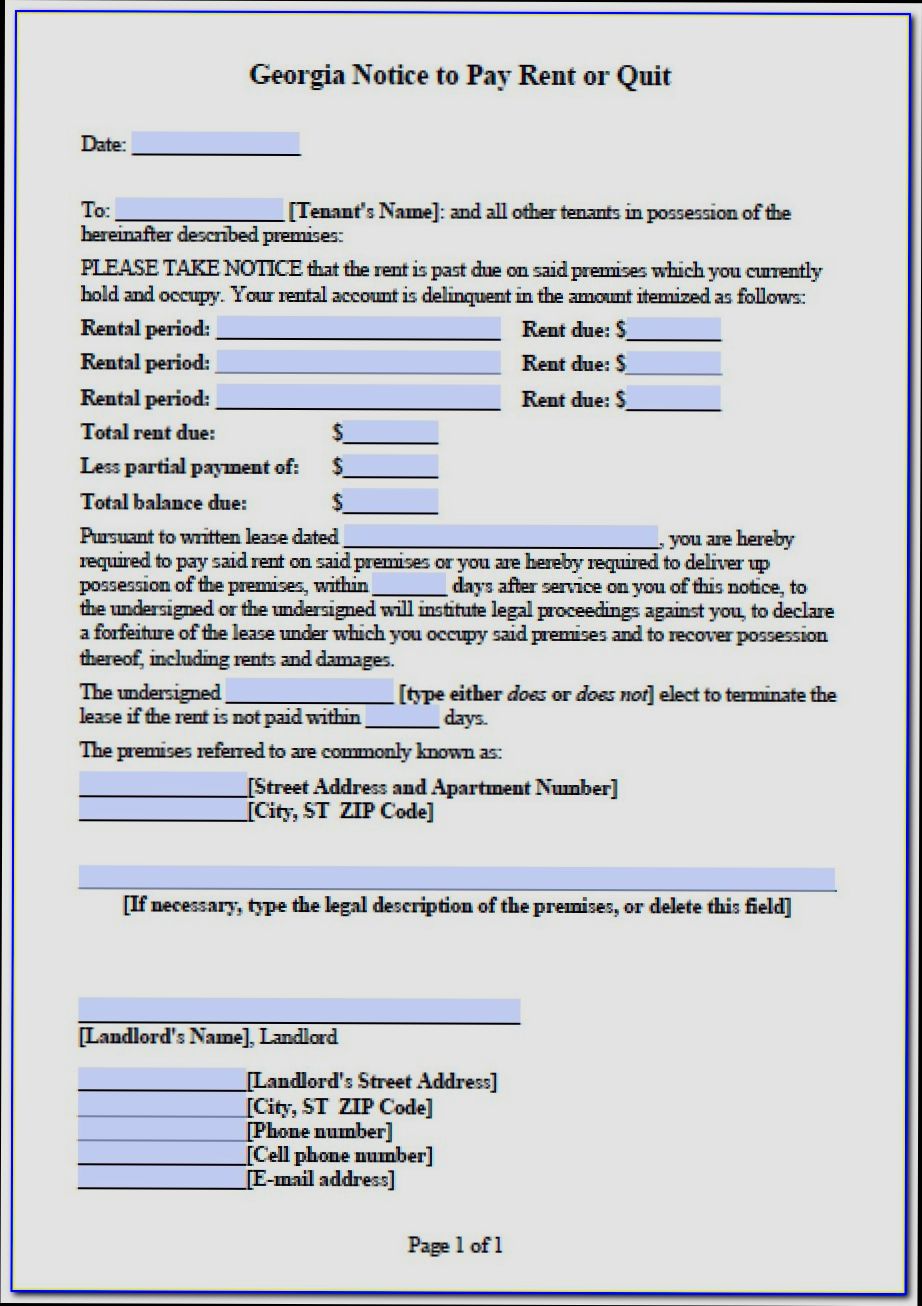
What to Do If You Are Facing Eviction
Getting hit with an eviction notice can feel overwhelming, but don’t panic just yet! Here’s a straightforward guide to help you navigate this tough situation.
1. Understand Your Rights
In Spain, landlords can’t just kick you out without following the legal process. This means they need a valid reason, like not paying rent, and must follow the proper steps to get a court order. Here are your basic rights:
You have the right to receive a formal eviction notice at least 30 days in advance.
You can contest the eviction in court if you believe it’s unjust.
2. Seek Legal Advice
If you get an eviction notice, talking to a lawyer can be a lifesaver. They can explain your situation and help you understand whether the eviction is lawful. Consider reaching out to a local legal aid service or a platform like Residoora, which offers real estate advice.
3. Communicate with Your Landlord
Sometimes, a simple conversation can solve issues. If you’re having trouble with rent, let your landlord know. They may be willing to work something out, like a payment plan. Here’s an example:
| Situation | Possible Solution |
|---|---|
Job loss | Offer partial payment and a timeline for catching up. |
Unexpected expenses | Request a delay or temporary reduction in rent. |
4. Don’t Ignore the Notice!
Ignoring an eviction notice won’t make it go away. Prompt action is key. Respond within the timeframe given in the notice. Keeping records of all communication with your landlord and any payments made is crucial.
5. Explore Housing Assistance Options
If you’re struggling financially, look for local resources. Many NGOs and government programs offer assistance to tenants facing eviction. For instance, in Madrid, you can reach out to “La PAH”, which helps people facing eviction.
6. Prepare for Court
If the case is taken to court, gather all necessary documents: lease agreements, payment receipts, and any correspondence with your landlord. Be ready to defend yourself legally, or get help from a legal professional.
7. Know the Possible Outcomes
There are a few scenarios that could happen:
Your landlord may withdraw the eviction.
You might reach a settlement (like a payment plan).
The court could rule in favor of the landlord.
Statistics show that about 95% of eviction cases in Spain are settled before reaching court, so there’s a good chance you can find a solution that works for everyone.
Facing eviction isn’t easy, but by understanding your rights and taking initiative, you can navigate this tricky path. Remember, help is available, so don’t hesitate to seek it!
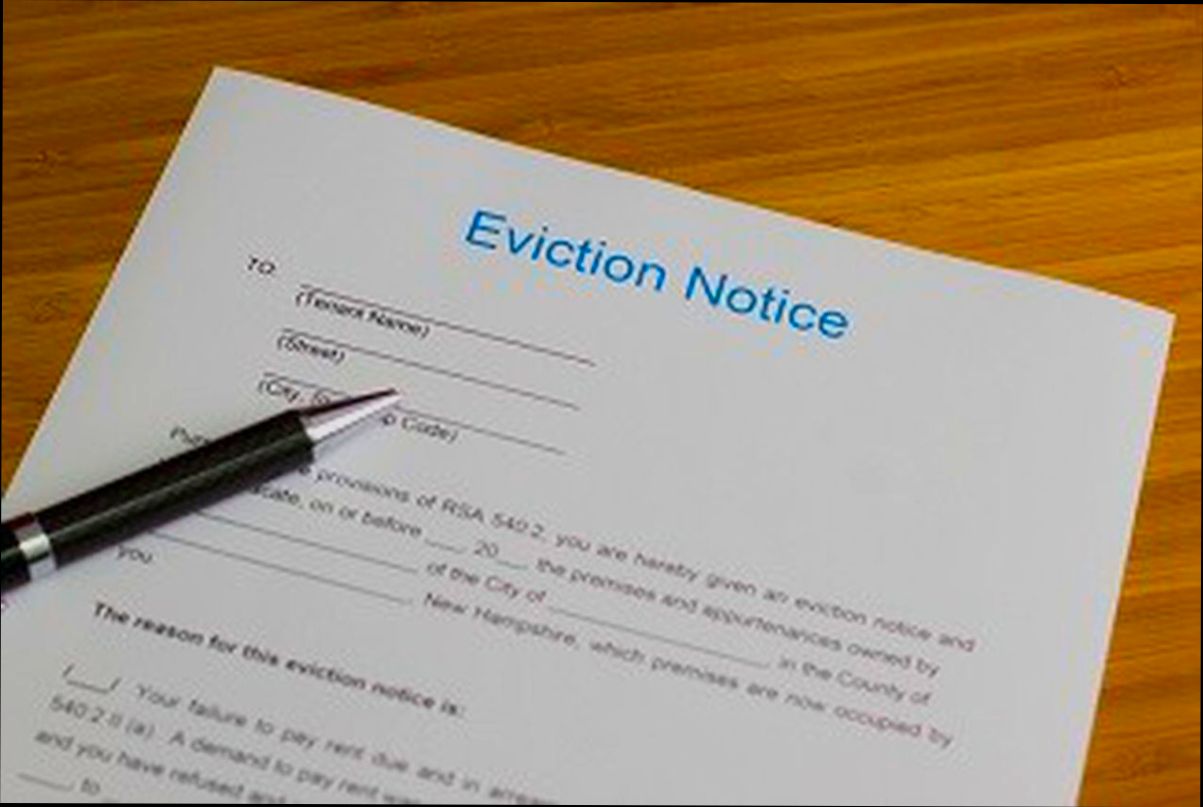
Resources for Tenants Facing Eviction
If you’re a tenant facing eviction in Spain, you’re definitely not alone! In fact, recent stats reveal that over 100,000 households were at risk of eviction in 2022. But don’t worry; there are resources available to help you navigate this challenging time.
Understanding Your Rights
First off, know your rights! Landlords must follow legal procedures to evict tenants, and they can’t just kick you out without notice. You have the right to at least 30 days’ notice if they wish to terminate your lease. Always check your rental contract for specific terms related to notice periods, as these can vary.
Legal Aid and Advice
A good starting point is to contact a legal aid organization. Organizations like Asociación de Usuarios de Servicios Bancarios (AUSBANC) provide free legal advice to tenants in distress. They can explain your options and help you build a case. Don’t hesitate to reach out!
Local Government Support
Many local governments in Spain offer support services for tenants facing eviction. Check out your local Ayuntamiento (town hall) to see what resources are available! For instance, the city of Barcelona has set up a program to assist tenants with legal consultations and rent subsidies.
Online Platforms
There are tools out there to help make the process smoother. For instance, Residoora is an AI platform that helps tenants find legal resources and understand their rights. It’s a handy way to empower yourself!
Community Organizations
Don’t forget about local community organizations. Groups like La Plataforma de Afectados por la Hipoteca (PAH) advocate for tenants’ rights and can help you find resources. They have been around for years and have wide experience in fighting housing-related issues.
Emergency Services
| Service | Contact |
|---|---|
Legal Aid (AUSBANC) | AUSBANC Website |
Local Ayuntamiento | Check your local town hall’s website |
PAH | PAH Website |
Remember
Being proactive is key! If you receive an eviction notice, don’t wait—reach out for help right away. There’s no need to navigate this alone!
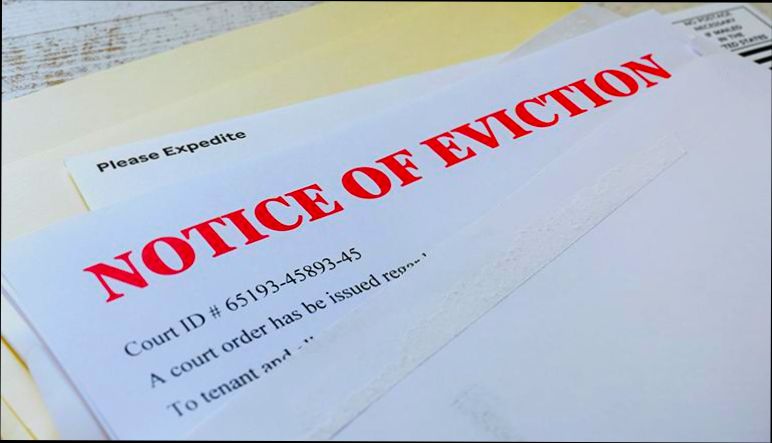
Recent Changes in Eviction Legislation
So, here’s the scoop on the latest eviction legislation in Spain. Recently, there have been some significant updates that directly impact how evictions work, especially in the wake of the COVID-19 pandemic. These laws were basically adjusted to balance the needs of both landlords and tenants—talk about a tricky situation!
| Year | Change | Details |
|---|---|---|
2020 | Eviction Moratorium | During the pandemic, a temporary ban was placed on evictions, especially for vulnerable groups. This meant many tenants got a break when they needed it most. |
2021 | New Rental Law | New laws were introduced that aimed to protect tenants from arbitrary evictions and promote affordable housing solutions. |
2023 | Extended Protections | Even more protections for tenants were rolled out, making it harder for landlords to kick people out without following proper legal procedures. |
As of now, landlords cannot evict you without notice unless they’re following the legal channels. Generally speaking, if a landlord wants to kick you out, they must provide a written notice—usually 30 days in advance—when it comes to contract breaches or unpaid rent.
Let’s break it down with a quick example:
If you haven’t paid rent for 2 months, the landlord needs to send you an official notice.
You then have a month to sort things out (like pay what you owe) before they can start the eviction process.
Oh, and check this out—reports indicate that about 8% of rental contracts were impacted by these changes in recent years, showing how common issues like late payments or misunderstandings can really shake things up.
And while there are tech solutions like Residoora that help landlords manage their properties and invest wisely, it doesn’t change the fact that both sides must follow the legal rules laid out regarding evictions. The balance is key, and these changes aim to ensure just that!
